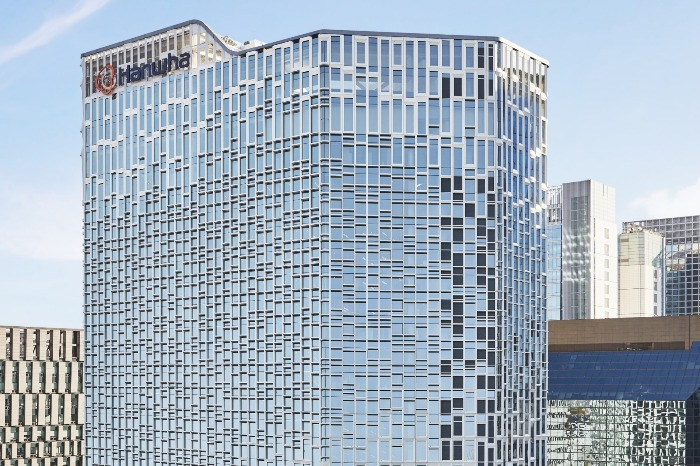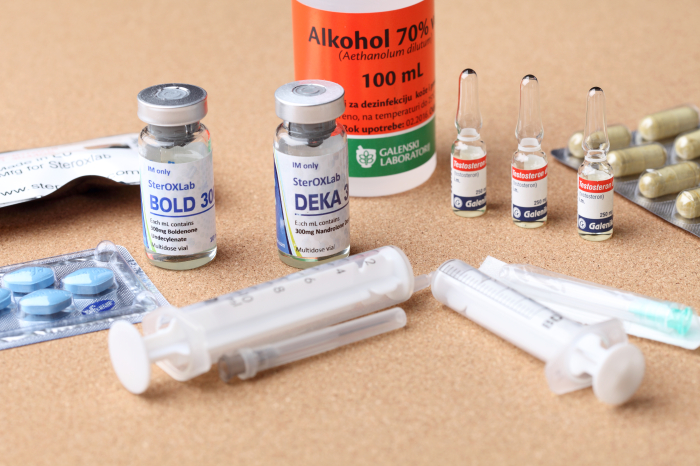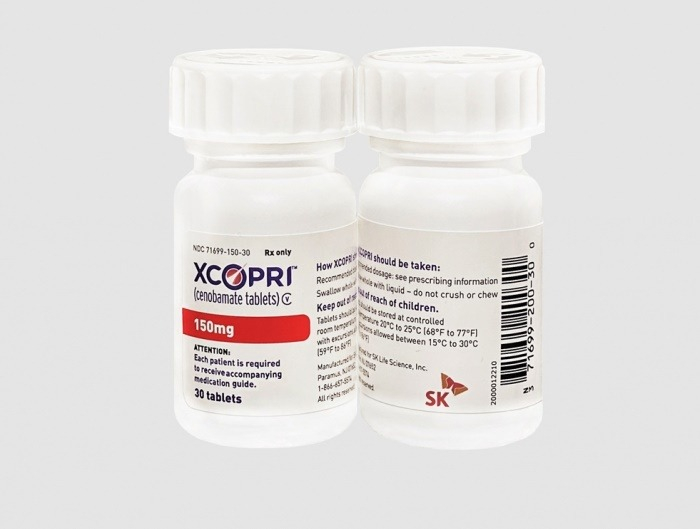Bio & Pharma
Hanwha to re-enter biopharma market, targeting biomaterials
The business group is trying to keep up with Samsung, SK and LG in the new growth market
By Dec 05, 2023 (Gmt+09:00)
2
Min read
Most Read
LG Chem to sell water filter business to Glenwood PE for $692 million


KT&G eyes overseas M&A after rejecting activist fund's offer


Kyobo Life poised to buy Japan’s SBI Group-owned savings bank


StockX in merger talks with Naver’s online reseller Kream


Meritz backs half of ex-manager’s $210 mn hedge fund



South Korea’s Hanwha Group will re-enter the biopharmaceutical market to become the country’s sole producer of tris buffers, a key reagent used for medical experiments such as generic DNA tests, according to industry sources on Tuesday.
Its holding company Hanwha Corp. will soon announce a plan to invest 110 billion won ($84 million) to build two tris buffer plants, one each in South Korea and the US. That will mark its return to the biopharma market, eight years after its withdrawal in 2016.
The unit of the chemicals-to-defense conglomerate plans to break ground on tris buffer plants in Yeosu, South Korea and in the US in March next year. They are expected to start production in the fourth quarter of 2025, the sources said.
Currently, South Korea imports all its tris buffers from the US and Germany, amounting to several million dollars a year, according to a Korean biopharma company chief executive.
Avantor, a US biomaterial and equipment company, dominates most of the market, with Germany’s Merck accounting for the rest.

In particular, the reagent is used to check whether a new drug candidate property binds and reacts with the target protein that causes the disease.
Its key customers include biosimilar makers such as Celltrion Inc. and Samsung Bioepis Co.; contract development manufacturing organizations such as Samsung Biologics Co. ; and major domestic pharmaceutical companies, including Yuhan Corp., Chong Kun Dang Pharmaceutical Corp. and Hanmi Pharm Co.

LESS CROWDED
Industry observers said that tris buffer manufacturing technology will fit well with Hanwha Group's strengths in handling chemicals such as ammonia and help the conglomerate regain a foothold in the pharmaceutical market.
The biomaterials market is less competitive than the contract manufacturing sector as well, giving more room for Hanwha to expand its share in the biopharma field.
Back in 2016, Hanwha pulled out of the biopharma market, 20 years after its foray into the pharmaceutical market.
The withdrawal was blamed on the failure to extend the patent contracts for its rheumatoid arthritis treatment, the second biosimilar produced by a Korean company after Celltrion's.
The cancellation of a 780 billion won license out agreement on the biosimilar with Merck also took a heavy toll on Hanwha and led to the sale of its pharmaceutical unit and its biosimilar manufacturing plant.

However, with other Korean conglomerates such as Samsung, SK, LG, Lotte and CJ groups ramping up biopharm capacity, Hanwha has decided to re-enter the market, the sources said.
SK Biopharmaceuticals Co. is closing in on the top position in the US epilepsy drug market with its new product Xcopri.
On top of high entry barriers, biopharm companies generate operating profit margins of 20-50%, sharply higher than the average of around 6% for other manufacturing companies.
Write to Dae-Kyu Ahn at powerzanic@hankyung.com
Yeonhee Kim edited this article.
More to Read
-
 Bio & PharmaSamsung Biologics reaches record-breaking annual orders
Bio & PharmaSamsung Biologics reaches record-breaking annual ordersNov 28, 2023 (Gmt+09:00)
1 Min read -
 Bio & PharmaSK Biopharm gears up to boost epilepsy drug sales in Europe
Bio & PharmaSK Biopharm gears up to boost epilepsy drug sales in EuropeNov 16, 2023 (Gmt+09:00)
2 Min read -

-
 Corporate strategyHanwha Group chair calls for startup-like entrepreneurial spirit
Corporate strategyHanwha Group chair calls for startup-like entrepreneurial spiritOct 10, 2023 (Gmt+09:00)
2 Min read -
 Bio & PharmaSamsung Biologics wins $242 mn order from Bristol Myers Squibb
Bio & PharmaSamsung Biologics wins $242 mn order from Bristol Myers SquibbSep 18, 2023 (Gmt+09:00)
1 Min read -
 Bio & PharmaSK Biopharm to export epilepsy drug tech to Middle Eastern firm
Bio & PharmaSK Biopharm to export epilepsy drug tech to Middle Eastern firmAug 18, 2023 (Gmt+09:00)
1 Min read
Comment 0
LOG IN


